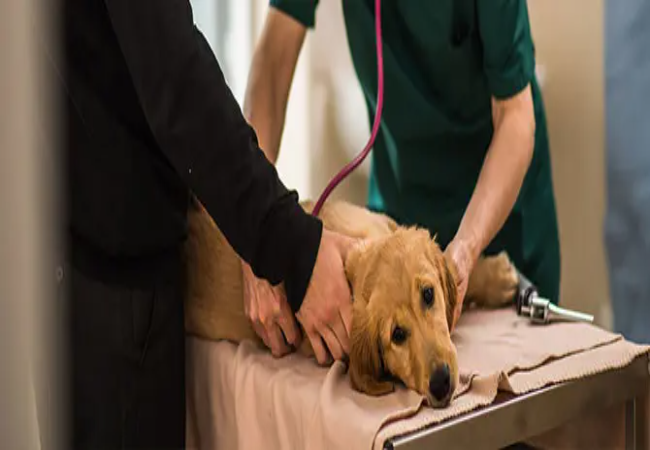Vet Guide to Colitis in Dogs 2025 🐶💩

In this article
Vet Guide to Colitis in Dogs 2025 🐶💩
By Dr. Duncan Houston BVSc
Colitis is inflammation of the colon (large intestine), causing frequent, small-volume diarrhea often with mucus or blood. In this 2025 vet guide, I’ll walk you through causes, signs, diagnostics, treatment, and long-term prevention to support your dog’s gut health. 💊
🔍 What Is Colitis?
When the colon becomes inflamed, it fails to absorb water properly, resulting in frequent soft or liquid stool, small volumes, urgency, and mucus or blood in the feces.
📍 Acute vs Chronic Colitis
- Acute: sudden onset, resolves in a few days; often triggered by stress, diet changes, parasites or infections.
- Chronic: persists for weeks/months or recurs; causes include food allergies, IBD, parasites, infections, and tumors.
⚠️ Signs & Symptoms
- Urgent need to defecate, small, frequent stools
- Straining or discomfort during defecation
- Stool with mucus and/or fresh blood
- Occasional vomiting, mild lethargy, and weight loss in chronic cases
🔬 Diagnostic Steps
- Detailed medical history and physical exam
- Fecal tests for parasites and pathogens
- Blood work to assess hydration and rule out systemic illness
- Imaging (X-ray, ultrasound) to detect foreign bodies or structural issues
- Colonoscopy with biopsy if signs persist or are severe
💊 Treatment & Management
1. Dietary Therapy
- Bland diets (boiled rice & cottage cheese) or prescription low-residue diets
- Novel or hydrolyzed protein diets to address food sensitivities
- Fiber supplementation (psyllium, beet pulp, FOS) to normalize stool consistency
2. Medications
- Metronidazole or other antibiotics when infection is suspected
- Anti-inflammatories or immune modulators in IBD or immune-mediated colitis
- Probiotics to support healthy gut flora
3. Treat Underlying Causes
- Parasite elimination, dietary trial, stress management
- Treat specific infections or perform surgery if needed for obstruction or tumors
📈 Prognosis & Follow-Up
- Most acute cases resolve within 3–5 days with supportive care
- Chronic colitis may require long-term dietary management and medication trials
- Routine monitoring—stool quality, frequency, appetite, hydration
📊 Quick Reference Table
| Category | Key Findings | Management |
|---|---|---|
| Acute Colitis | Sudden diarrhea ± blood/mucus | Bland diet, fluids, deworming |
| Chronic Colitis | Recurring diarrhea, mucus/blood | Novel diet, fiber, targeted meds |
| Diagnostics | Fecals, blood, imaging, biopsies | Identify precise cause |
| Treatment | Diet + medication | Resolve inflammation & support gut |
✅ Vet Tips by Dr Duncan Houston BVSc
- 🐾 Keep a stool diary: record frequency, volume, appearance, any blood/mucus
- 🍽 Introduce new diet gradually over 7–10 days
- 🧼 Consider probiotics and fiber for gut balance
- 🩺 Book follow-up if diarrhea lasts >3 days or recurs frequently
If your dog has urgent diarrhea, blood, or mucus in stool—reach out on the AskAVet.com app for expert guidance.🐾❤️






